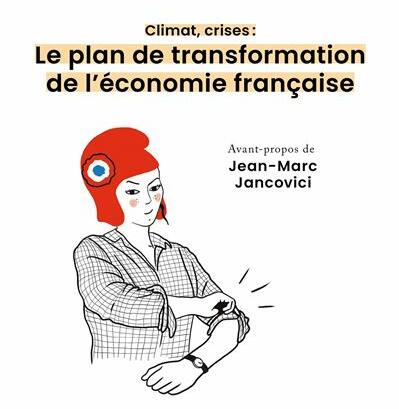The Shift Project is a French think tank advocating the shift to a post-carbon economy. As a non-profit organisation committed to serving the general interest through scientific objectivity, we are dedicated to informing and influencing the debate on energy transition in Europe.
- A single goal: to make the required shift to a carbon free economy to ensure stability, and therefore prosperity.
- A single belief: in a democracy, no great ambition can be realised if the entire economy militates against it. Therefore, to make any change desirable for the community as a whole, it is essential to convince a proportion of influential economic actors that the desired change will be in their interest over the medium term. The Shift Project’s aim is to bring these actors together.
- A primary target group: the decision-makers of the global economy.
- A starting point: documented observations and reports prepared on the basis of the very latest scientific knowledge in conjunction with experts in the field.
- Added value: realistic and ambitious proposals to trigger the shift to a carbon free economy.
- A distinctive profile: a management team from the business world, with substantial experience in the non-profit sector.
How does The Shift Project operate?
The Shift Project (TSP) is a European think tank. Its mission is to act as a proactive source of proposals which focus primarily on the resources required to make the shift to an economy free of dependency on fossil fuels (and therefore of greenhouse gas emissions). Operating at the point where the academic world meets the corporate world, society and government institutions, our think tank is committed to bringing forward operational measures that seek to answer not only the question of ‘why?’, but also the question of ‘how?’.
The Shift Project has set itself the mission of guiding the decision-making processes of companies and public institutions by formulating and presenting innovative and appropriate proposals built on scientific fact.
What do we do?
TSP brings forward factual information unavailable elsewhere regarding the links between the economy and energy, and uses that information as the basis for debating reasoned proposals for the initiatives and measures required to manage the shift to a world better-placed to resist the constraints imposed by carbon.
The factual information we supply is designed to bring to the attention of our target audience those considerations likely to be of major importance in building a public consensus. This may take the form either of identifying and describing areas of deadlock, or identifying cause/effect linkages not previously highlighted.
Our proposals are intended to sustain the processes involved in decision-making and consensus by providing information for French-speaking and English-speaking decision-makers and those with the ability to shape public opinion. This information is generated from economic and scientific research and analysis conducted on the basis of realism and practicality, and guided by a total commitment to scientific objectivity.
In this way, The Shift Project is progressively building an innovative and well-argued position by adopting a transparent approach that ensures total traceability of its work. The Shift Project uses a range of different resources: it forms working groups to examine the issues surrounding transition, hosts events designed to encourage discussion between stakeholders, engages in lobbying initiatives to target decision-makers in the widest sense, and builds partnerships with the academic world. At present, TSP is funded essentially by companies.
How do our working groups operate?
The original creative work done by TSP in terms of observations and proposals is undertaken by largely self-sufficient and autonomous working groups. The topics addressed by these groups may be initiated by the groups themselves or suggested by academic partners or other members. Nevertheless, topics must fall within the purpose of TSP (energy and climate constraint analysis and proposals for the shift to a carbon free economy), and address issues consistent with other current work and/or discussions. In accordance with TSP philosophy, they are conducted with all the attention to detail and transparency of reasoning demanded by the world of science.
A working group therefore seeks to answer a question for which there is currently no clear or summary response in scientific literature. It involves a number of specialists and experts, who, with the optional assistance of TSP staff, work with the common goal of producing an initial operable outcome generally within one year.
A working group dedicates itself to tackling the most sensitive and decisive issues of the transition to a post-carbon economy. It produces robust, and quantified statements. It brings forward innovative proposals, and pays particular attention to dimensioning the issues at stake and delivering appropriately-scaled solutions.
Every group is led by an autonomous project leader who works with the management team to agree the details of the issues to be resolved, the method to be used, the work schedule and the form of the deliverable. The Shift Project takes responsibility for logistics, group coordination and sometimes mathematical modelisation, meets their expenses and provides access to its own network of experts. Nevertheless, validation of the final outcome remains the responsibility of The Shift Project.
All major conclusions and/or proposals are communicated in the appropriate way. The Shift Project engages in lobbying initiatives targeting political and economic decision-makers to promote the recommendations of our working groups. It builds partnerships with both and professional organisations and academia, and host events designed to encourage discussion between stakeholders.
Who are our targets?
Our primary target group can be described as ‘intermediaries’, by which we mean all those individuals whose analyses or work provide the raw material for economic and political decision-making.
- Economic decision-makers: in the world of economics, we target company CEOs, heads of industry federations or unions, directors of institutes and –more widely – opinion leaders at European and international levels.
- Academic and institutional world: the academic and technical community exerts a great deal of influence –often via the media – on the world of economics. We therefore seek to engage in jointly-conducted scientific and economic projects with research laboratories, graduate schools, other institutes and think tanks.
- Medias and NGOs: the most striking messages generated by the work done by TSP will be communicated to the media and, in some cases, to selected opinion-forming channels in the non-profit and employee representative sectors, with which we maintain close and regular contact.
- Political world: the world of politics – which includes European Community decision-makers and the heads of influential international bodies – is clearly one of the ultimate targets for TSP proposals. However, our main focus will be on reaching this group by relying on selected economic actors to convey the propositions we bring forward.
- General public: the general public is not one of our primary targets, but it will clearly be affected by the opinion channels with which TSP interacts.

